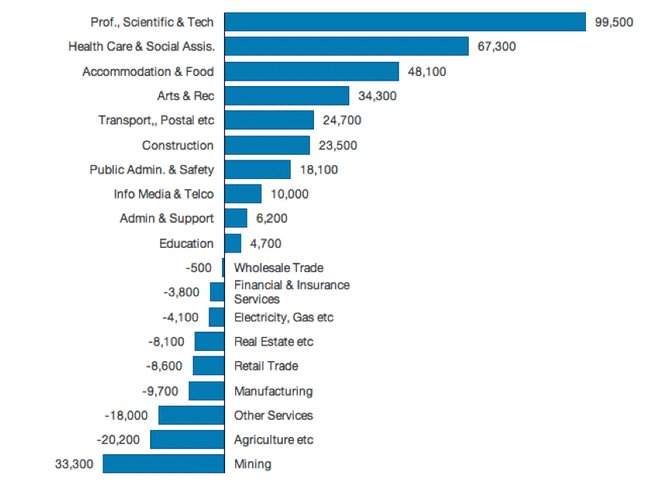Fed Inconsistencies and the Persistent Divergent Monetary Policy Undermine Confidence
Temporal Inconsistencies at the Fed: The Fed’s decision to delay the beginning of the normalization of monetary policy of undermines confidence in when lift-off will actually take place.




